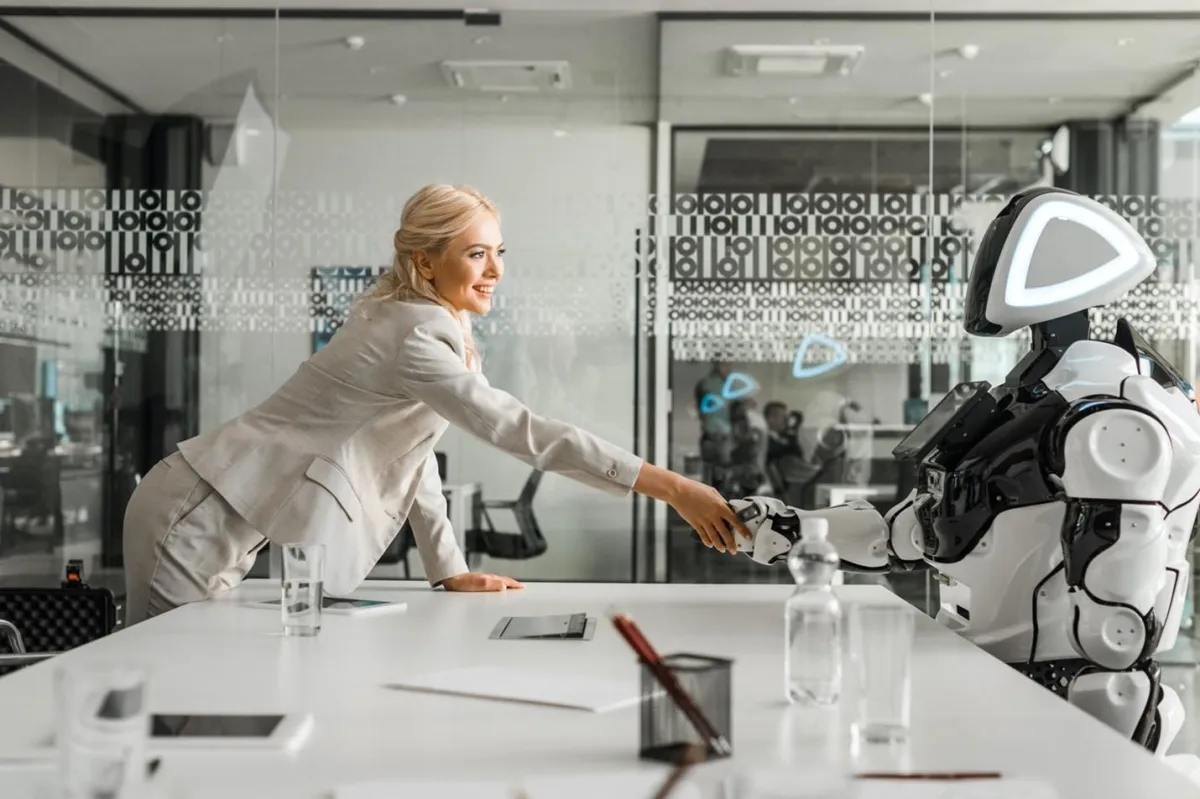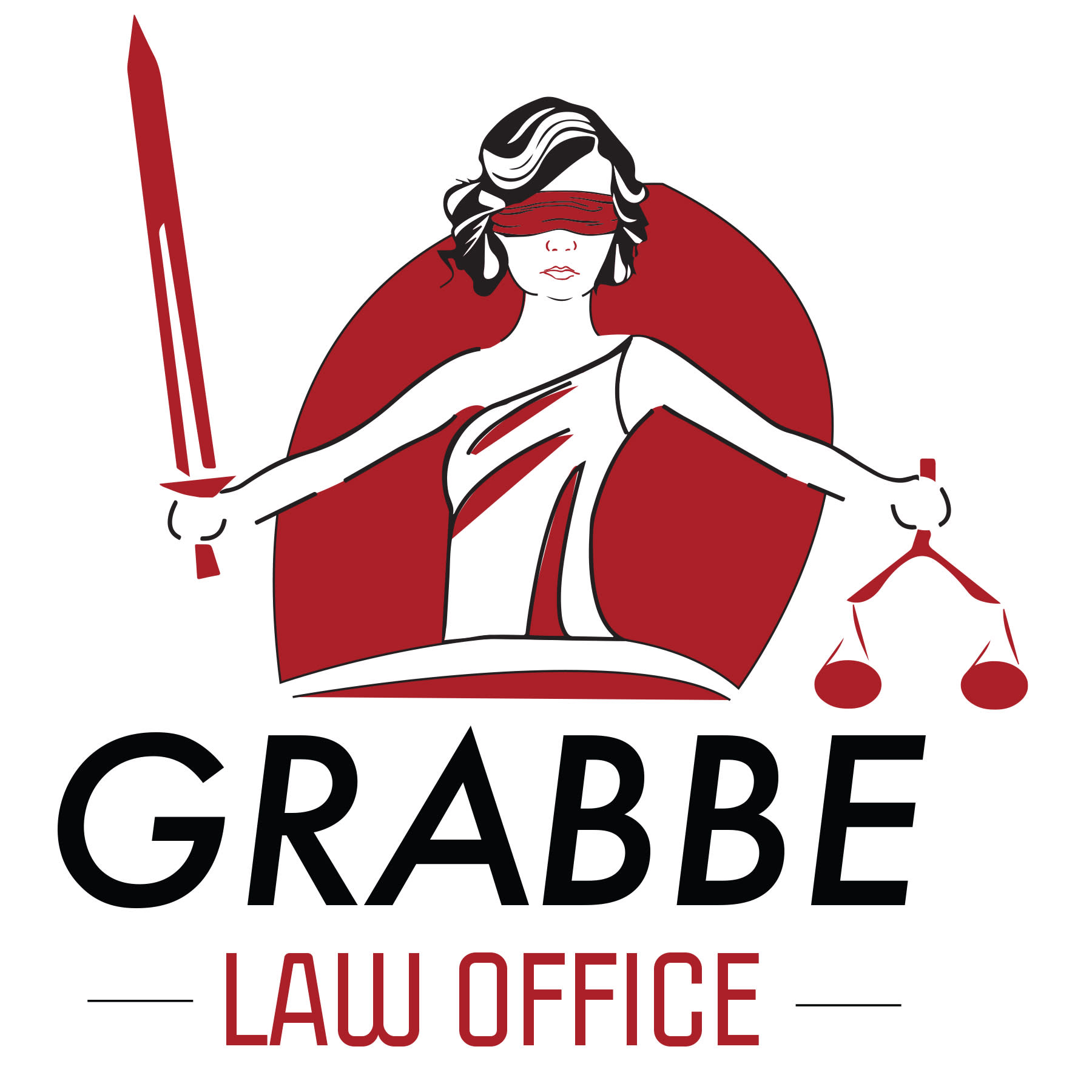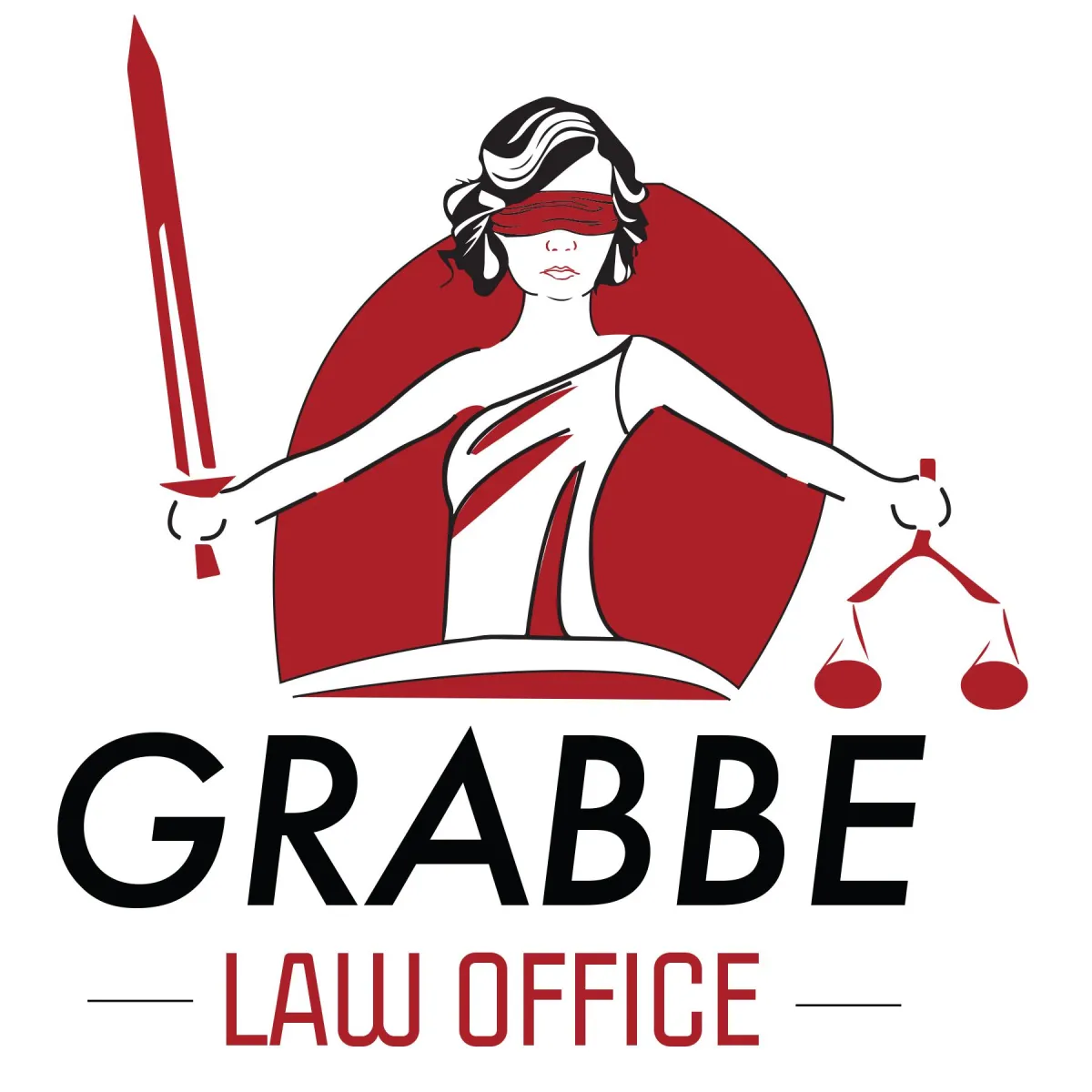Welcome to the Blog!

AI generated Content And Intellectual Property Protection
AI Generated Content And Intellectual Property Protection
Artificial intelligence has emerged as a revolutionary force, transforming various industries with its ability to generate content autonomously. While many creators and companies are using this new technology to simplify their daily tasks, there may be issues involving the protection of these non-human-generated works. Advances in AI content generation have raised significant questions regarding copyright law. Learn whether you need to be concerned about copyright protection for AI-generated content. If you would like to understand the potential implications of content created through AI technologies for your intellectual property, please consider scheduling a 15-minute free consultation with Grabbe Law Office.
Is AI Generated Content Copyrighted?
Whether AI-generated content is eligible for copyright protection is a subject of debate. According to the United States Patent and Trademark Office, copyright law traditionally grants protection to creative works produced by human authors. Although a great deal of the work produced through AI continues to be generated in response to prompts, the lack of human intervention in the creative process challenges the traditional idea of authorship. In many jurisdictions, copyright law requires a human author, excluding AI systems from eligibility. For that reason, AI-generated content might not enjoy the same copyright protection as human-authored works.
On the other hand, some experts argue that AI-generated content can be protected under existing copyright laws. Those who take this position generally claim that the human input involved in developing and utilizing the AI system uses a sufficient level of human creativity to trigger copyright protections. They argue that AI is a tool that helps human capabilities, rather than a standalone creative entity.
Who Owns the Copyright on AI Generated Content?
Persons and organizations that own and operate an AI system may understandably wish to claim copyright ownership of the content thus produced. However, the question of who owns AI-generated content can be complicated. If a person, or a small business or other organization made up of only a few people, uses an AI system to create content, in general that person or organization usually holds the copyright. However, ownership and copyrights can become more confusing when an AI system works independently, or is created by a company or research institution.
In some places, copyright laws only cover human creators, leaving this type of content in a questionable legal area. For now, the United States Copyright Office is not extending protections to AI-created works. As a result, that can make it difficult to determine who has the content rights. Also, the lack of specific legislation for AI-generated works creates challenges in determining the rightful owner of a copyright, further complicating the issue.
How Can We Protect AI Generated Content?
As the use of AI-generated content continues to expand, businesses and individuals will increasingly have reasons to protect such content from potential threats. While there is no single solution to fully address this issue, there are various strategies and methods that can be implemented to safeguard this content and ensure its integrity.
Legislative Amendments
Lawmakers may need to revise current copyright laws to account for AI-generated works. These changes should:
· Define what is eligible for copyright protection
· Establish ownership rights
Legislation can balance the promotion of AI innovation with the protection of creative rights.
Authorship Attribution
Legislative authorities should also put mechanisms in place to help readers, viewers, and others encountering creative works to distinguish between AI-generated and human-created content. Technological advancements, such as digital watermarks or metadata, can be utilized to distinguish between AI vs. human-origin creative works. Clear differentiations can help to ensure proper attribution and copyright protection.
Licensing Agreements
Implementing these agreements can make it easier to use and distribute AI-generated content while protecting the rights of both AI system owners and end-users. These agreements can outline the terms and conditions for using this type of content and ensure that both the software creators and those who use the software to create additional tools or materials are compensated for their works. To learn more about protecting your creations through licensing agreements and other legal tools, consider scheduling a consultation with a specialized business attorney at Grabbe Law Office.
Should AI Generated Works Be Protected by Copyright?
Whether works generated by artificial intelligence programs deserve copyright protection raises philosophical, legal, and ethical considerations. While some argue that AI systems lack the inherent human creativity that copyright law seeks to protect, others contend that AI is a tool that assists human creativity and that the works created through its use are deserving of legal recognition. Applying copyright protection to AI-generated works could motivate more innovation in AI technologies. Creators would have the assurance of their exclusive rights and potential monetary rewards, which in turn could encourage investment in AI research and development, leading to advancements in the field.
In addition, safeguarding AI-generated works under copyright law could promote accountability and ethical considerations. Assigning ownership rights to AI systems or creators makes it possible to hold them responsible for infringements, violations, and potentially other harms perpetuated by AI use and misuse. Granting copyrights could encourage the responsible use of AI technology and discourage malicious or harmful applications.
Why Copyright Protection May Not Be Viable
Despite the arguments in favor of granting copyright protection to AI-generated works, there are also opposing views. Some people believe that doing so could stifle creativity and limit access to works in the public domain. They argue that AI-generated content is based solely on data analysis and algorithms, lacking the unique human expression that copyright law is intended to safeguard. If copyright protection is granted, it could limit the free use of these works and hinder future development.
Another concern is the potential for misuse and exploitation of AI-generated content. If copyright protection is granted, there is a risk that these works could be used to flood the market and saturate it, reducing the value of creative works produced by human authors. For that reason, balancing AI-generated works while maintaining a robust and diverse innovative ecosystem is crucial.
The Future of AI Generated Works
In the future, creators may need to take a nuanced approach when it comes to AI-generated content. One solution that could work is to create a separate legal framework specifically designed for this type of content to address issues like ownership, attribution, and licensing in a way that considers the unique characteristics of AI creativity. Ideally, this legal framework would also establish criteria for copyright eligibility, ownership rights, and limitations and exceptions for AI-generated works.
Additionally, it is crucial to develop collaboration between different parties to address the challenges posed by AI-generated content. Legal experts, AI researchers, industry representatives, and policymakers will have to work together to create a balanced framework that protects the interests of all parties involved.
Reach Out to Our Intellectual Property Legal Team
The copyright landscape is evolving rapidly due to advancements in AI technology. The question of copyright protection for AI-generated content raises complex issues regarding eligibility, ownership, and the balance between incentivizing innovation and protecting creative rights. To learn how to protect your intellectual property rights and your creative works, please consider scheduling a 15-minute free consultation with Grabbe Law Office to discuss your specific concerns and evaluate your legal options.








